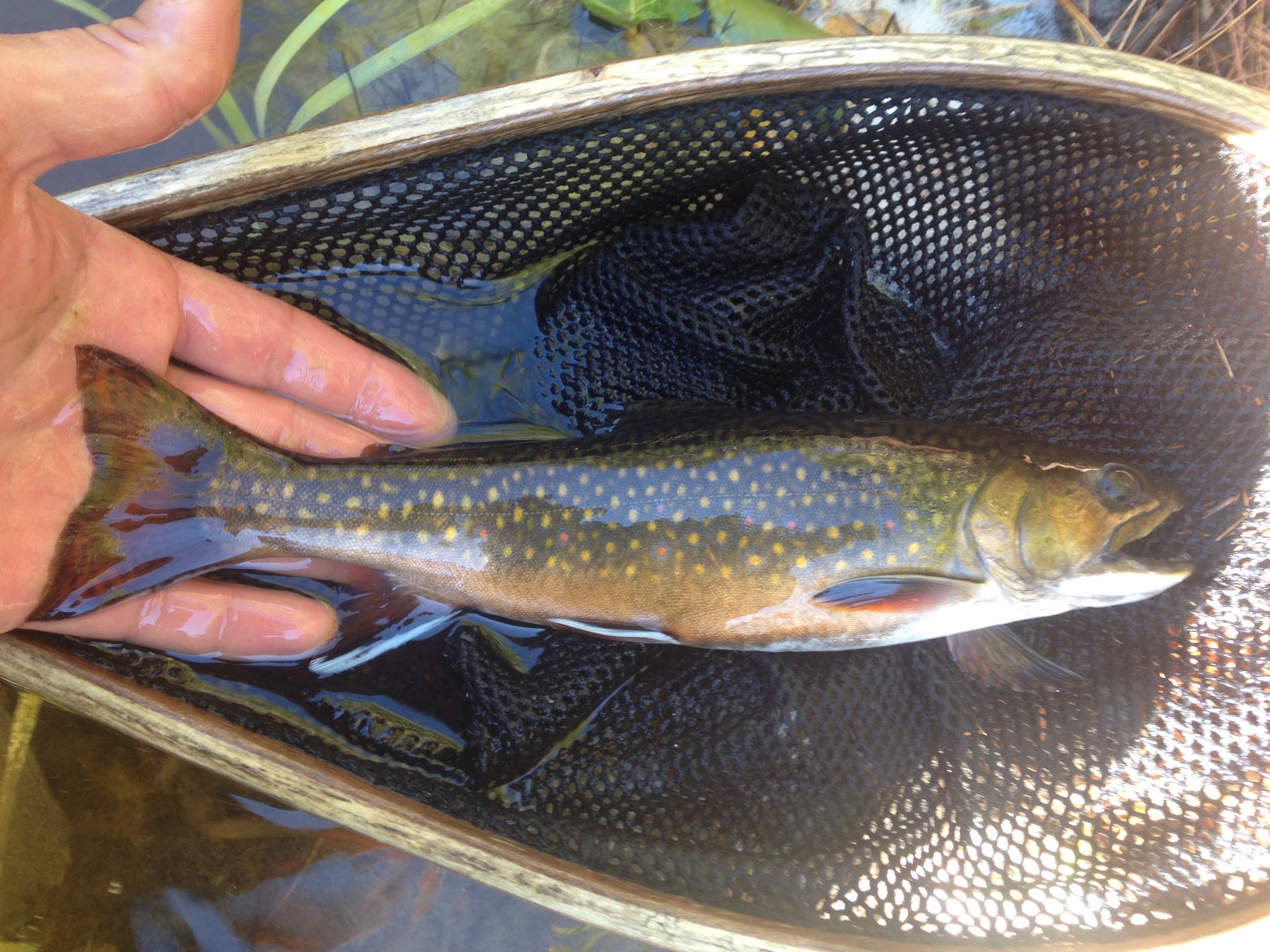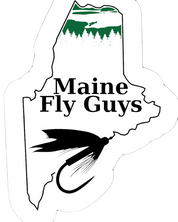
Who Should Be Allowed To Make Decisions Regarding Fisheries?
Foreword: This article has absolutely nothing to do with being a republican or democrat, I don’t care about that stuff, to each their own. This article has to do with choices, don’t forget that!
Ah the government. Whether you think they’re out to tap into our brains and control us or just a paper pushing façade for our country, they exist and can have profound impacts on our natural resources. An article written this year in May by Scott Learn from The Oregonian, discusses the on-going battle regarding fish stocking in the North Cascades National Park1. A particular fish stocking program (not the first one to be held here) has been going on for over 40 years in several mountain ponds in the park, which historically, did not hold any fish at all. Now, the park’s environmental protection specialists believe the fish stocking should not continue and all remaining fish from previous stockings should be killed or fished out. Why? Because they want to get more in line with their mission, which is to maintain and preserve ecosystems in their natural state (totally understandable). Yellowstone, Mount Rainer, and Sequoia Parks no longer stock fish in lakes that historically didn’t have fish, so what’s the big deal? Some groups, like the Trail Blazers (a volunteer group) say there is a historical case for the stocking events and question how trout in lakes is any less compatible with the natural flow of the land than a man-made trail (also really good point). Even the states fish and game department are not seeing eye to eye with park officials. The state sees opportunity to provide recreational activities for the public in the Cascades, and a historic one at that, going back to the late 1800’s. For nearly 150 years, the state has been implementing strategies to engage public use on these lands, clearly something the park officials aren’t super happy about. There has historically been a tremendous amount of tension between the park and state officials and now, the question at hand has been brought to Congress. Imagine things being so contentious between conservationists, that their resolution is to go to Congress? Congress had until July 1st, 2019 to act. Due to the inaction of Congress, the stocking program in the 42 lakes in the North Cascades has ceased all stocking operations.
The Deschutes River in Oregon, will Congress decide the fait of fish here one day?
Now, whether the halt to the program is good or bad is irrelevant to me. What is relevant is the path in which the decision was ultimately made. What if Congress had acted and the stocking programs were to continue? Once again, the interest of the fishery (or lack there of) seems to not be at the forefront of the decision. Several groups were involved who had conflicting views and I did not go into the entire history of the situation above, but conflicting views were present at the most knowledgeable level. Who can make a more informed decision than the State’s fish biologist and park specialists? By sending the decision off to Congress, a less informed decision was made. Our state and park officials should be able to come to a decision without the help of congress. We hire fisheries biologists, environmental aides, and conservational technicians to assess situations and make educated and informed decisions, better decisions than the likelihood of Congressional men and woman. Now, let’s say a critical point or decision was needed by May 20th, but congress couldn’t get to the topic till July 1st, what then? Are we becoming so convoluted in our decision making at the state and local level that we are putting potential fisheries at risk? Not to take away from our congressional body, but there aren’t many that hold seats that are true experts in fisheries, so why is it even an option to get them involved? Is getting them involved immoral? Yes, I just brought up morality regarding fish decisions. The state fish biologists and park rangers knowingly brought a final decision to a party of lesser understanding regarding the situation at hand. Is that or is that not reckless behavior teetering on the line of immoral? Imagine if two electricians were at a disagreement while wiring your house, and they said, screw it, let’s go ask a plumber and then made their decision based on the plumber’s answer! Would you want those electricians wiring your home?
Streamlining decision trees can have, at the very least, a positive impact on the speed in which fisheries decisions are made, alleviating problems involving time sensitive decision. Now, maybe it’s not that the parties involved couldn’t get it done, but stubbornness was delaying the resolution and a higher power was necessary. If stocking non-native species is a decision our state and park fishery officials can’t come to equating terms on, we are doomed, and quite frankly, lacking the ability to negotiate terms (especially as benign as the ones above) is a sign of poor leadership. Stocking decisions should not need to go to Congress for approval or acquittal. If we as a city, state, or nation think extraneous fishery decisions are needed to be made at the congressional level, why aren’t we electing fish and game personnel? Should we be electing fish and game personnel? Maybe, we should seriously consider it.
What’s this got to do with Maine? Well, Maine is fairly simple and easy going. Every now and then we will have a public hearing and debate over some fish stocking squabble or rule change. Things don’t get too heated all that often. However, with a changing climate, hotter and dryer summers, there will need to be some seriously contentious decisions made regarding our trout and salmonids. Maybe, just maybe, Maine (and other states) can learn a lesson from disputes like the one described above and adjust their internal structure to avoid sending problems off to parties of greater ignorance.
Is electing fish and game personnel that crazy of an idea? How much revenue is created through fish and wildlife in Maine each year? Don’t you want to know what possible changes are going to be made in the future or where your fish biologists lean on varying topics? Hell, fishery decisions will and have had a greater impact on my day to day life than anything any POTUS has ever done.
A stocked brook trout in Maine, where none would exist without the stocking program.
Ultimately, my point is, how decisions are made regarding fisheries, currently, is if it can’t be solved at the highest level of intelligence (fish biologists) it goes to congress, a party who have little knowledge of fisheries. Is this the structure that we want for the future and is it best for the fish? I think no and given the current condition of many of our local fisheries, I hope the internal structure of who is the deciding party can go no further than the party who can make the most informed decision.
1 https://www.oregonlive.com/environment/2009/04/north_cascades_national_park_t.html
